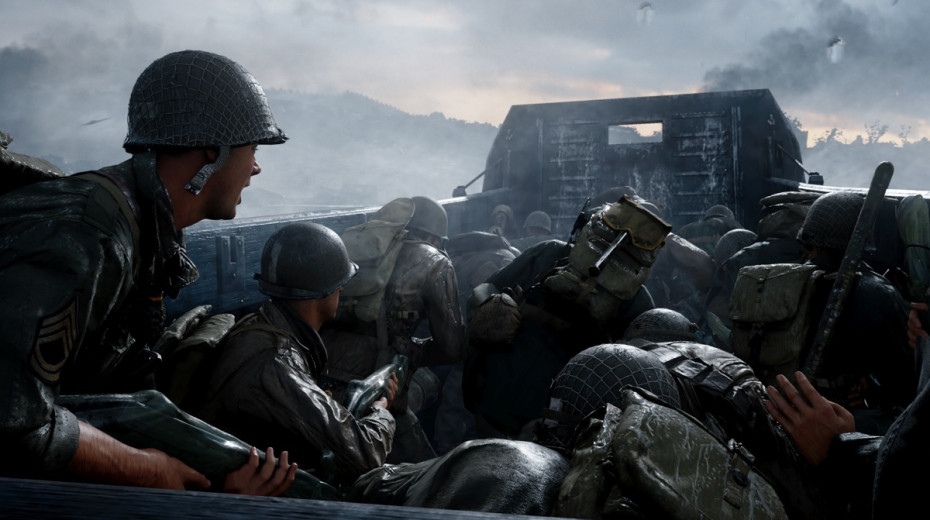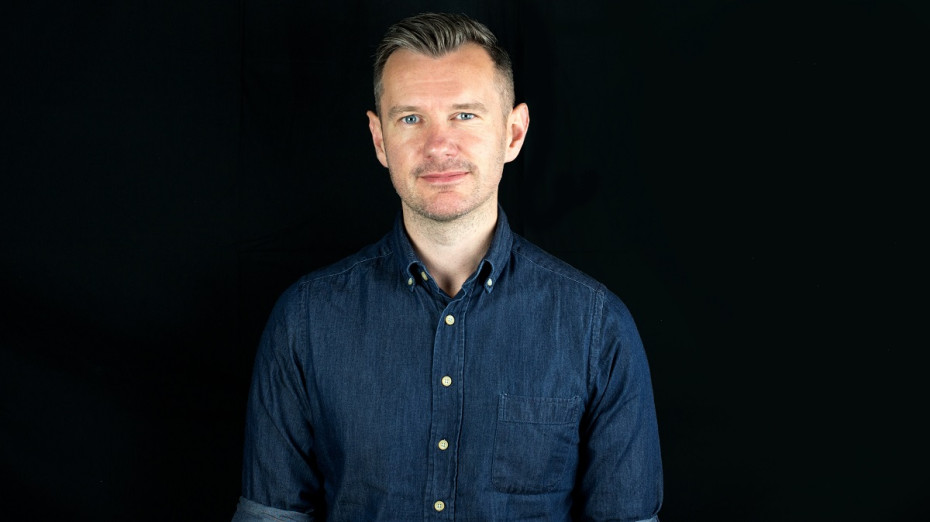As one of the three primary Call of Duty developers, Call of Duty 2020 would have normally fallen to Sledgehammer Games, the lead team behind 2014’s Call of Duty: Advanced Warfare and 2017’s Call of Duty: WWII. Last year, it was reported that Sledgehammer was taken off as lead for Call of Duty 2020, slotting Treyarch back into rotation a year early. Sledgehammer reportedly had some friction with Activision support studio Raven Software, which caused the upset. Founders Glenn Schofield and Michael Condrey left Sledgehammer back in 2018, eventually taking a number of Sledgehammer devs with them and leaving the state of the studio uncertain. But a recent interview with GamesBeat shines a new light on Sledgehammer, now a “multi-project studio” with plans to “add upwards of 100 new” employees (hammers) over the course of the next year.
The studio is now under the leadership of COO Andy Wilson, formerly of 2K’s Hanger 13 (Mafia III), who joined the studio in 2019, and in an email interview with GamesBeat, he made it very clear that the studio is on an upward trajectory. Wilson says that Sledgehammer has multiple projects in development, though whether that means the Call of Duty studio is branching out from the franchise or if he’s talking multiple Call of Duty titles is unknown (they are reportedly still a support studio for Call of Duty 2020). To support the increased development, they plan for 50% growth, adding over 100 new employees to the existing 200 based out of the Foster City and Melbourne locations.
Wilson sees this new period of Sledgehammer as something he calls “Decade II,” the next ten years of Sledgehammer Games which kicked off in 2019 right around the studio’s 10th anniversary. He says that the positive growth has even seen former employees returning to the studio “of their own volition,” validating the decisions the studio has made as it continues to push forward.
Of course, growth in an era of remote work and social distancing measures isn’t easy as the COVID-19 pandemic has changed much of the traditional day-to-day processes, but Wilson is confident the studio has adapted to the new working conditions with relative ease and grace. “It’s actually quite incredible how quickly the team has hit its stride,” Wilson said. “We see ways in which this situation will end up improving and strengthening our studio in the long run.” One of the benefits is more open communication via online meeting spaces than in some of the in-person team meetings.
Some of the feedback we’ve had is that the social introverts on the team find it a far less intimidating way to interact and certainly over the weeks it has evolved into something really fun, a mixture of serious questions and general banter. We also had one question where a member of our team had been struggling recently with the isolation of being at home, so they used it as an opportunity to speak up and to ask for advice.
Wilson says that the studio is prepared to work remotely indefinitely, as long as is required to maintain the health and safety of its workforce, and that hiring has not slowed or been significantly impacted by the inability to meet with potential candidates in person. Through the hiring process, diversity remains an important focus to ensure that the studio’s games are being built be a wide range of voices and backgrounds for a wide range of voices and backgrounds, not a narrow audience.
Despite some obvious setbacks for Sledgehammer Games in recent years, the studio has been hard at work rebuilding and restructuring to come back stronger than ever. While we don’t know quite yet what that means for the future of the studio’s games on the public side of things, we at least know they are in a strong place to start delivering as we move into the next console generation.









